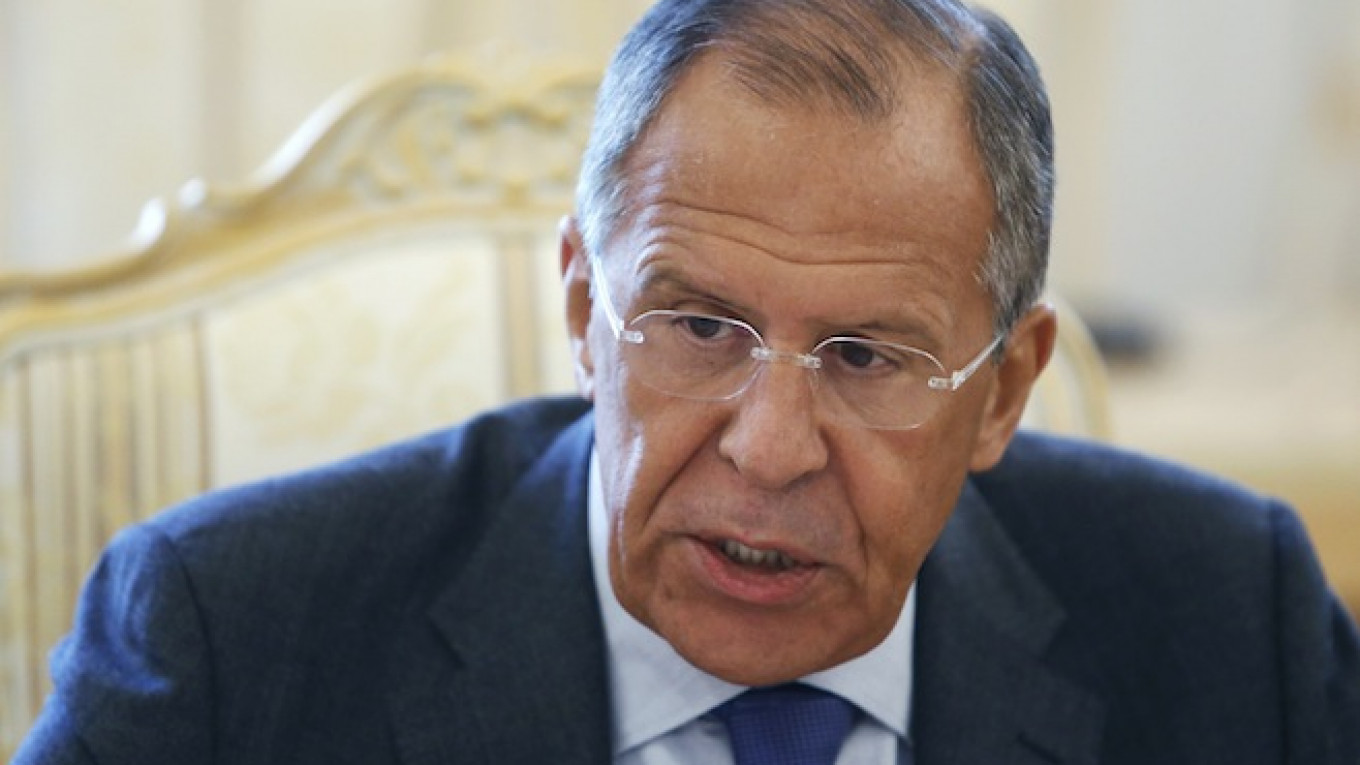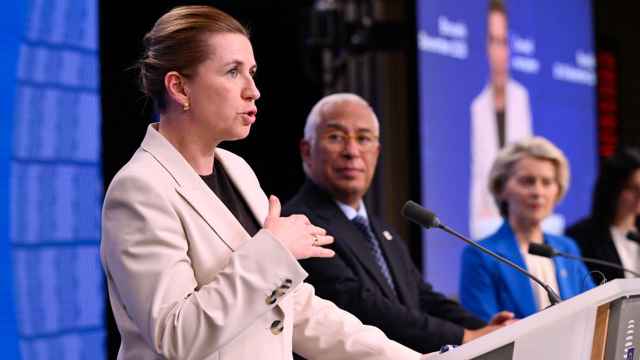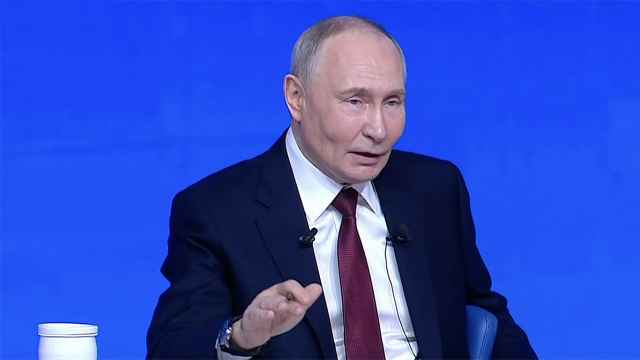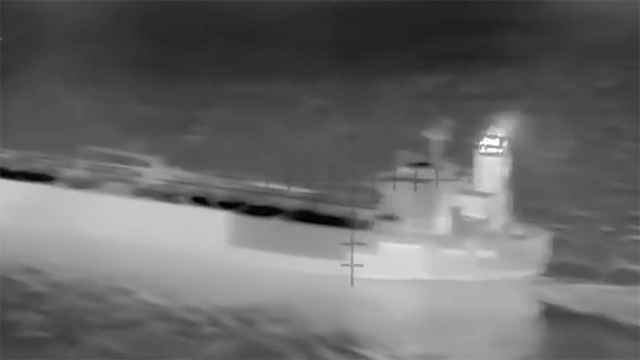Russian Foreign Minister Sergei Lavrov described Ukraine's non-aligned status as "a basic issue" for Moscow on Saturday, as Ukrainian Prime Minister Arseniy Yatsenyuk said that only membership of NATO would enable Ukraine to defend itself from external aggression.
Lavrov's Two Cents
Efforts in Kiev to scrap Ukraine's non-aligned status are an American-inspired bid to drive a wedge between Russia and Europe, Lavrov said.
Commenting on a draft law to change Kiev's military status, Lavrov said neutrality "answers the interests of the Ukrainian people, the legitimate interests of all neighbors and partners of Ukraine, and also the interests of European security."
The draft law, submitted to parliament last month by Yatsenyuk's government, was also "a direct affront to the president of the country," he said, implying Ukrainian President Petro Poroshenko did not support it.
Yatsenyuk said at the time the bill aimed to "scrap the non-aligned status of the Ukrainian state and establish a course towards= membership of NATO."
"For us this is a basic issue," Lavrov said in an interview with the Russian television channel TV Center.
Yatsenyuk "is undertaking efforts not in the interests of his own country," Lavrov said, "but of those who want to sow discord between the Ukrainian and Russian peoples and drive a deep and wide wedge between Russia and Europe.
"That is firstly Washington — the U.S. doesn't hide the level of its engagement," he said in the interview, as quoted by news agency TASS.
Analysts say Russia's policy toward Ukraine has been motivated largely by its hostility to possible future Ukrainian membership of NATO. Western governments have accused Russia of destabilizing its neighbor by annexing Crimea and sending Russian troops to back separatist rebels in two eastern regions.
Moscow denies its troops are helping the separatists.
Lavrov also rejected claims that Moscow wanted to create a pro-Russian statelet in eastern Ukraine as a buffer zone.
"I have heard … that we are somehow interested in the creation of a "second Transdnestr," some sort of buffer zone," he said, referring to a breakaway province in Moldova that has been autonomous since a 1992 war.
"This is stupid," he said. "To think we broke up Transdnestr's political settlement and therefore we now want to do the same in Ukraine can only be the product of a febrile brain counting on fooling the public."
Yatsenyuk's View
Speaking at a conference in Kiev attended by Ukrainian and European lawmakers and business leaders on Saturday, Yatsenyuk made clear he did not view the present cease-fire as the start of a sustainable peace process because of President Vladimir Putin's ambitions.
"We are still in a stage of war and the key aggressor is the Russian Federation … Putin wants another frozen conflict [in eastern Ukraine]," said Yatsenyuk, a longtime fierce critic of Moscow and a supporter of Ukraine's eventual NATO membership.
Yatseniuk said Putin would not be content only with Crimea — annexed by Moscow in March — and with Ukraine's mainly Russian-speaking eastern region.
"His goal is to take all of Ukraine … Russia is a threat to the global order and to the security of the whole of Europe."
Asked about future NATO membership, a red line for Russia, Yatsenyuk said he realized the alliance was not ready now to admit Kiev, but added: "NATO in these particular circumstances is the only vehicle to protect Ukraine."
There is no prospect of the Atlantic alliance admitting Ukraine, a sprawling country of 45 million people between central Europe and Russia, but Kiev has stepped up cooperation with NATO in a range of areas and has pressed member states to sell it weapons to help defeat the separatists.
A Message from The Moscow Times:
Dear readers,
We are facing unprecedented challenges. Russia's Prosecutor General's Office has designated The Moscow Times as an "undesirable" organization, criminalizing our work and putting our staff at risk of prosecution. This follows our earlier unjust labeling as a "foreign agent."
These actions are direct attempts to silence independent journalism in Russia. The authorities claim our work "discredits the decisions of the Russian leadership." We see things differently: we strive to provide accurate, unbiased reporting on Russia.
We, the journalists of The Moscow Times, refuse to be silenced. But to continue our work, we need your help.
Your support, no matter how small, makes a world of difference. If you can, please support us monthly starting from just $2. It's quick to set up, and every contribution makes a significant impact.
By supporting The Moscow Times, you're defending open, independent journalism in the face of repression. Thank you for standing with us.
Remind me later.






